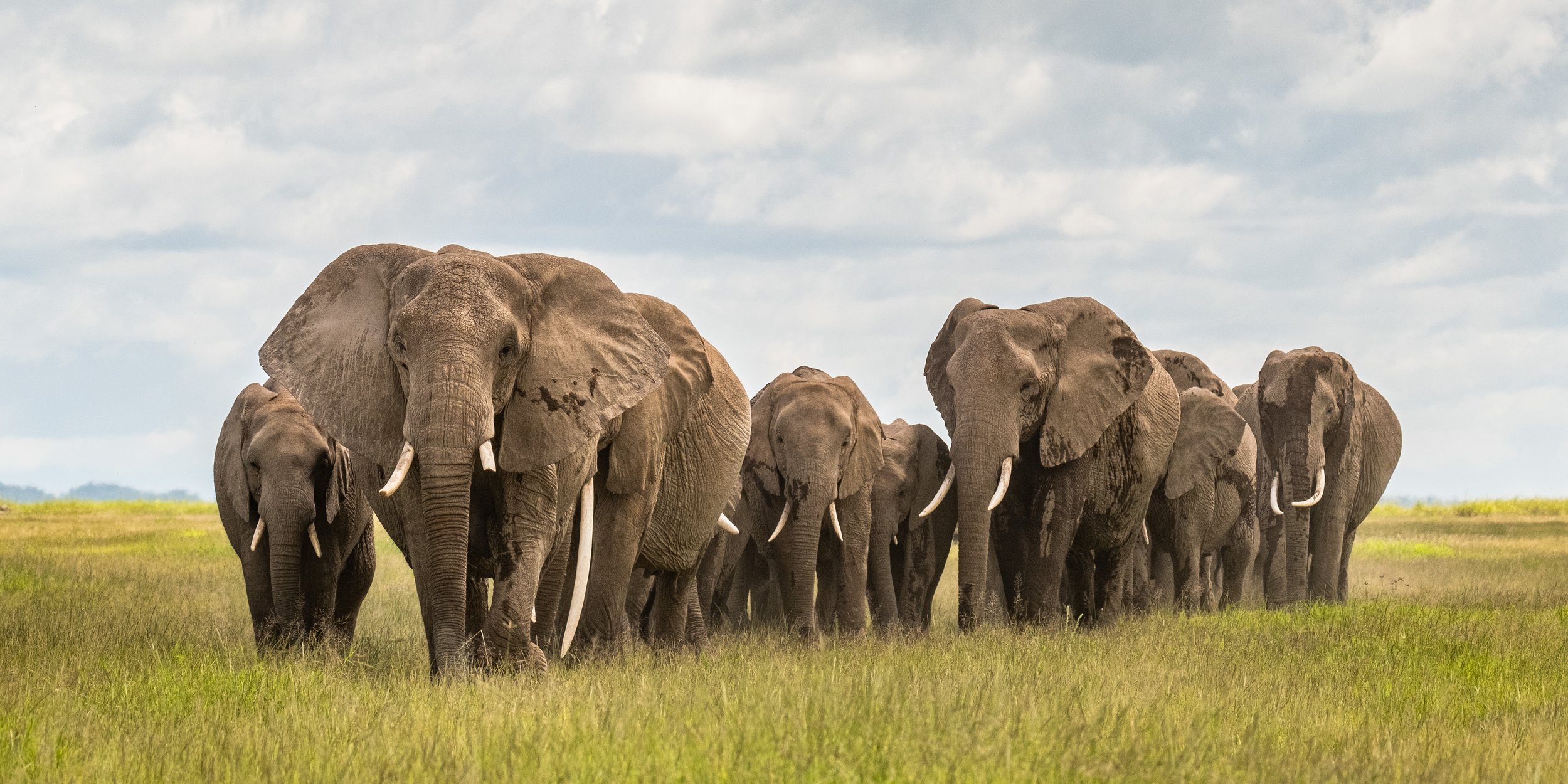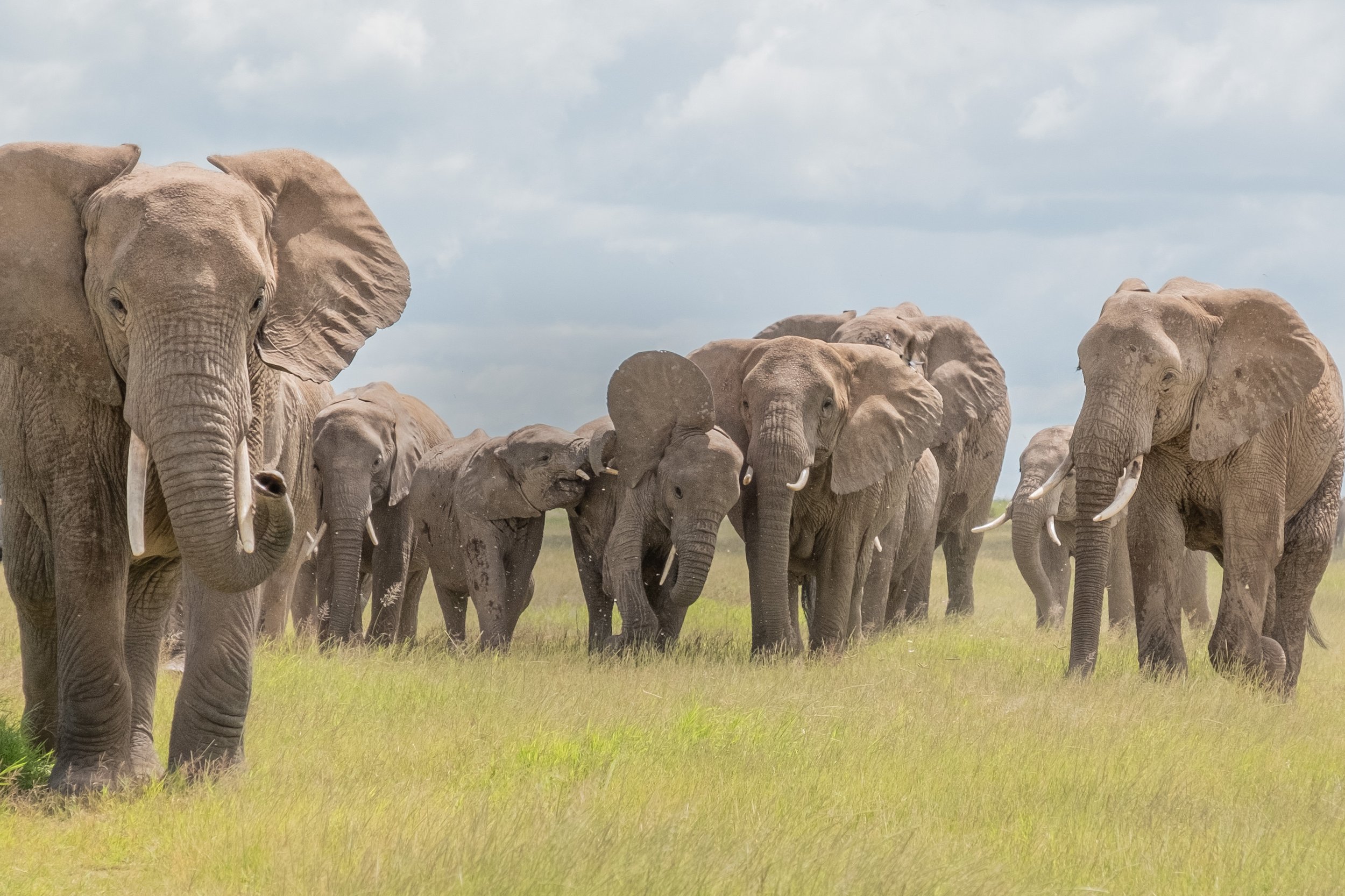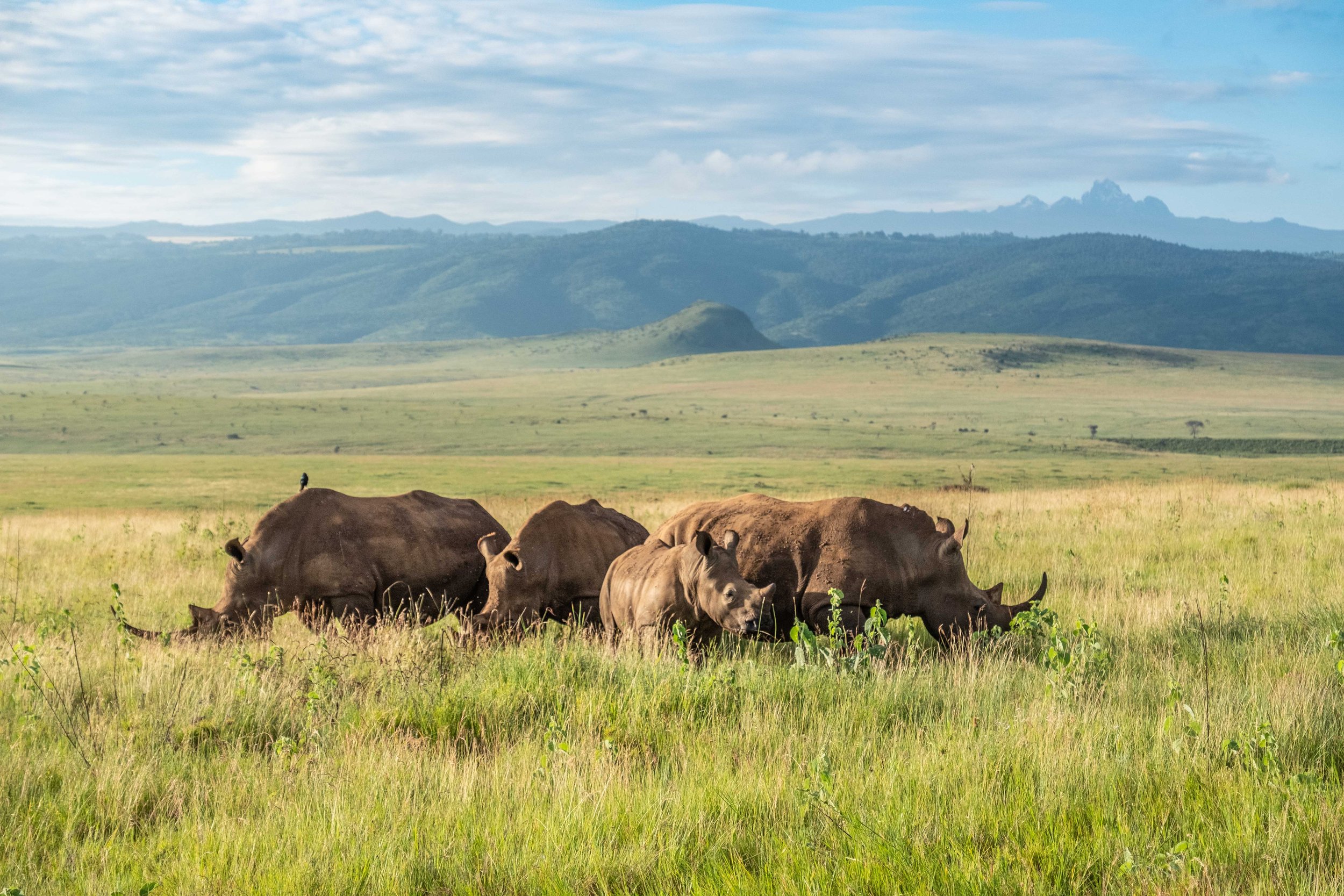A Win for Nature, A Win for the Economy
A living and thriving nature is not only valuable intrinsically, it is also financially valuable to us.
Ralph Chami PhD. Assistant Director IMF, Co-Founder Blue Green Future, LLC and Rebalance Earth
This week’s story is a followup. Several readers commented on the story of how elephants are allies in climate change Elephants are Reducing Carbon Emissions. The NGO Elephants Alive and a good friend wrote to tell me the research behind the story comes from the work of financial economist Ralph Chami who champions a new economic paradigm that is equitable and nature-positive.
Chami translates the value of the services nature provides into dollars and cents. He explains this eloquently in his 2022 TED talk What a living whale is worth – and why the economy should protect nature. His financial analysis of the carbon sequestration services of a blue whale and the African Forest Elephant is stunning.
Lifetime earnings of a single whale = at least $3,000,000!
Lifetime earnings of an elephant = at least $2.600,000!
Big Tusker Tim
Chami describes how seagrass, saltmarsh mangroves, kelp forests, peatlands, wetlands, are also allies in climate change. They are living systems that store unimaginable amounts of carbon dioxide. As long as we leave these natural spaces alone and look after them these plants systems keep the carbon forever in their roots.. This is a key point “look after them” i.e. do not let these natural areas die due to pollution, land reclamation etc. Chami calculates that seagrass alone provides a sequestration service of $2.3 trillion!!
“We can build a whole economy around a living and thriving nature, not an extracted view of nature, but a regenerative view of nature.
That economy is going to deliver for us sustainable and shared prosperity for all big and small creatures on this planet. It does not have to be I win, you lose, it is a win win solution. I’m going to show you how.”
Ralph Chami presenting his TED Talk about the economic value of whales
Chami explains how good science and scientific accounting can determine the value of what nature provides and translate it into language policy makers can understand. This needs to be considered in a legal framework that protects the rights of nature. For example, the African country of Gabon can sell the carbon offsets of its elephants to us, the countries who are committed to going carbon zero. Gabon can earn one billion dollars a year by allowing their elephants to do what they do naturally and freely – walking, pooping, having babies. “A forest without animals is dead. It’s about flora and fauna.”
“Who would buy these carbon offsets? All these companies and countries that made commitments to carbon zero, carbon negative, carbon neutral. They would buy the carbon offsets, or carbon credits if you like. The money would flow in from these ecosystem services -- be it the whales, be it the elephants, be it mangrove, seagrass, saltmarsh -- and the money goes in by contract, using blockchain technology to look after nature in perpetuity -- very important -- and to look after the stewards of nature in perpetuity. And the stewards of nature are the local and the indigenous populations. They're the ones who are doing the conservation not you or me.”
“It's a win for nature. It's a win for the economy. The government will make money because the government is going to get all that revenue. It will change its fiscal stance. It will diversify its economy. It will grow in a sustainable way. It's a win for the environment. It's a win for all of these creatures that have suffered so much at our hands. It's a win for this beautiful earth of ours. As Carl Sagan once said, “The only earth we will ever know. The only home we will ever know.” It's a win for us.”
When I feel discouraged about the state of the environment, I find hope in the work of scientists like Dr. Ralph Chami. When we save nature we save ourselves.








